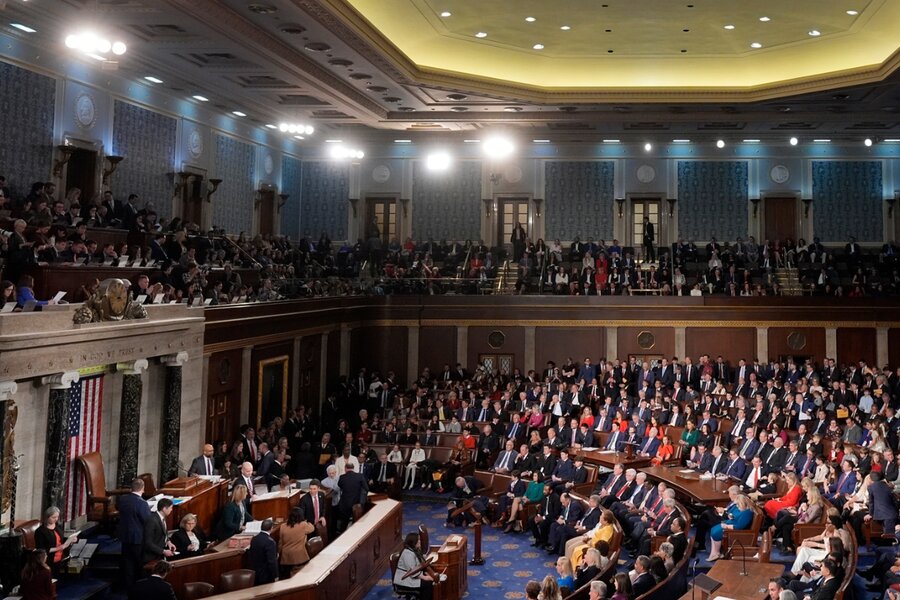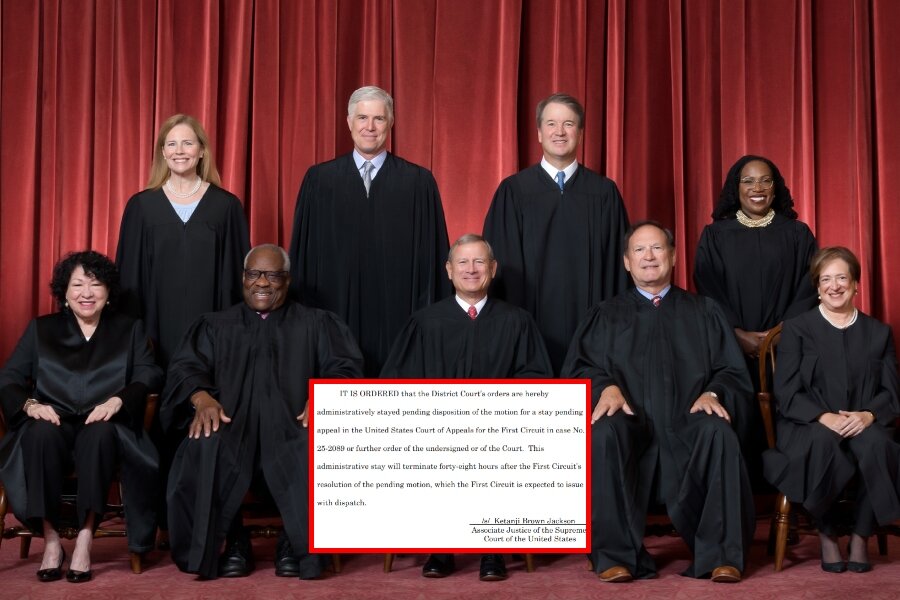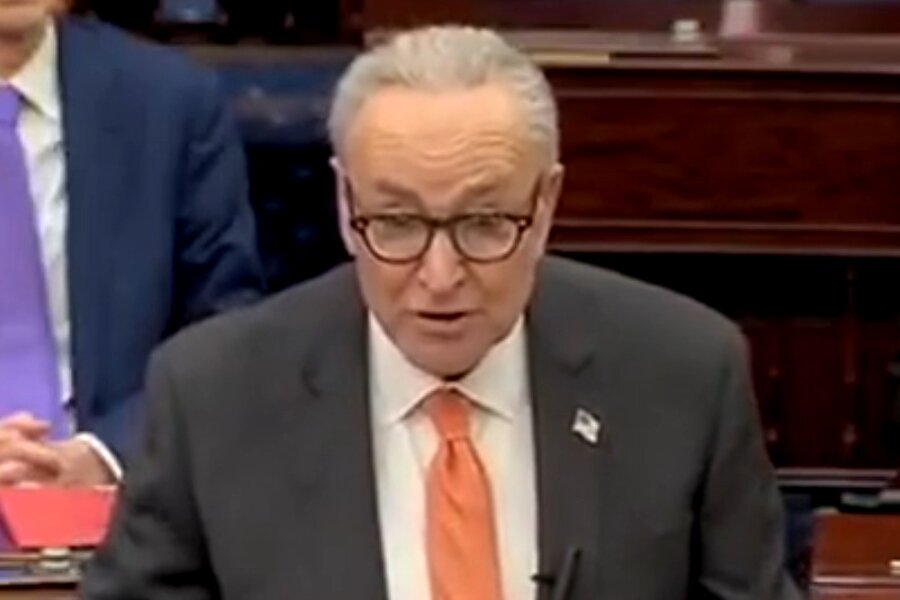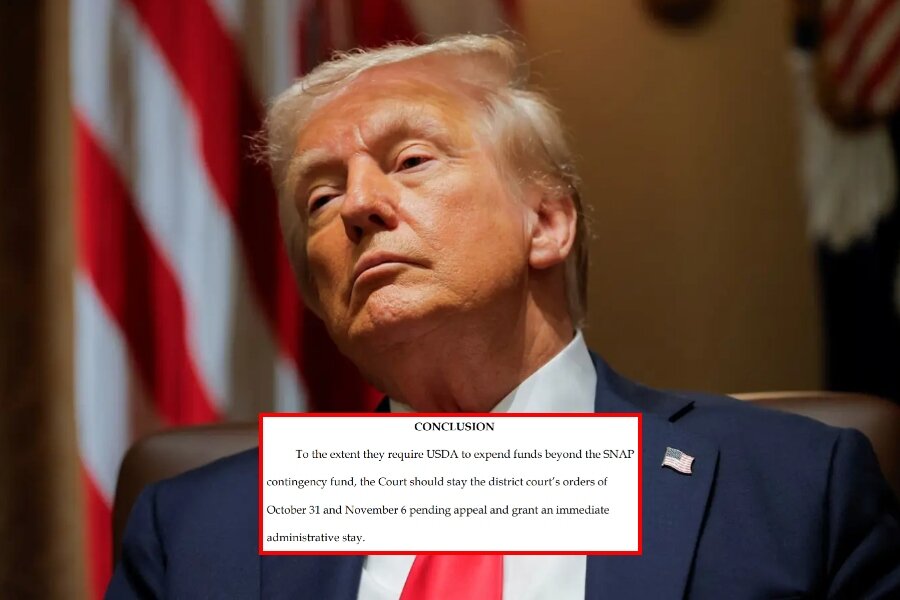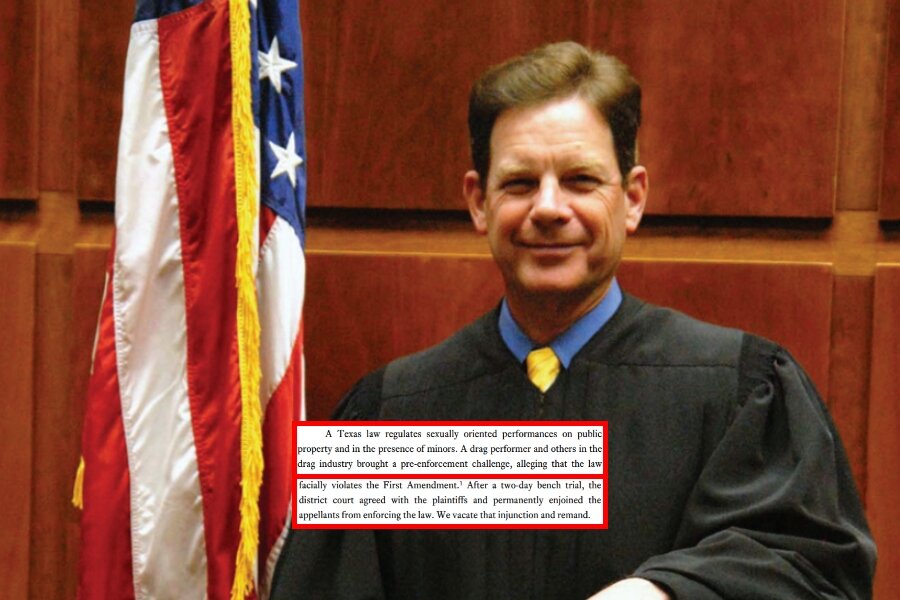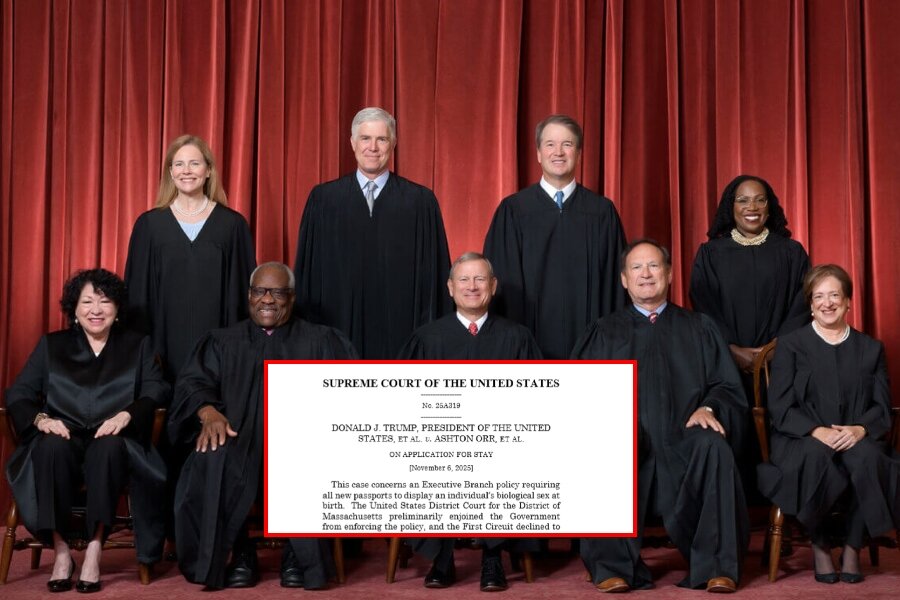WASHINGTON—The U.S. House of Representatives on June 6 passed a bill that would bar most foreign nationals, whether lawfully or unlawfully present, from receiving taxpayer-funded loans to start small businesses in the United States.
The Small Business Administration (SBA) is an independent agency of the United States government, headed by a cabinet-level administrator, that seeks to promote small businesses and the jobs they create, most commonly by providing them with loans and other financial assistance, including after disasters and emergencies. During the COVID-19 pandemic, the SBA was responsible for doling out over $1 trillion of assistance to small businesses, primarily through the Paycheck Protection Program and Economic Injury Disaster Loans.
Since the beginning of the 119th Congress, Republicans have been seeking to exclude foreign nationals from eligibility for any taxpayer-funded benefits, as part of their broader crackdown on illegal immigration.
To that end, Reps. Beth Van Duyne (R-Texas) and Michael Cloud (R-Texas) sponsored a bill—the American Entrepreneurs Act—which limits eligibility for any SBA loan to U.S. citizens, non-citizen U.S. nationals—including those from American Samoa and Swains Island—and lawful permanent residents. The bill passed the House on June 6 by a vote of 217 yeas to 190 nays.
“With over $25 billion in SBA loans approved last year, it’s unacceptable that there’s no legal mandate ensuring those funds go to people who are here legally,” wrote Cloud in a statement about the bill. “American tax dollars should support American businesses—not businesses owned by those here illegally.”
“Following years of pandemic era fraud and theft of public funds because of lax verification procedures, this measure serves as an ongoing effort to reform security and access to federally funded programs,” wrote Van Duyne in the same statement.
Apart from U.S. citizens, nationals, and lawful permanent residents, no other person in the United States would be eligible for an SBA loan under the bill. The prohibition covers not only illegal immigrants, but also foreign nationals who are lawfully present on a temporary status, asylum seekers, refugees, and recipients of the Deferred Action for Childhood Arrivals (DACA) program.
Additionally, a business must be 100 percent owned by an eligible person in order to receive an SBA loan. This means that joint ventures between a U.S. citizen and a lawfully present non-immigrant on H-1B status would not be eligible for any such loans. Neither would a business owned indirectly by such a foreign national be eligible.
The bill has passed the House and needs to be passed by the Senate, exactly as presented, in order for it to be enacted.
Share your thoughts by scrolling down to leave a comment.

